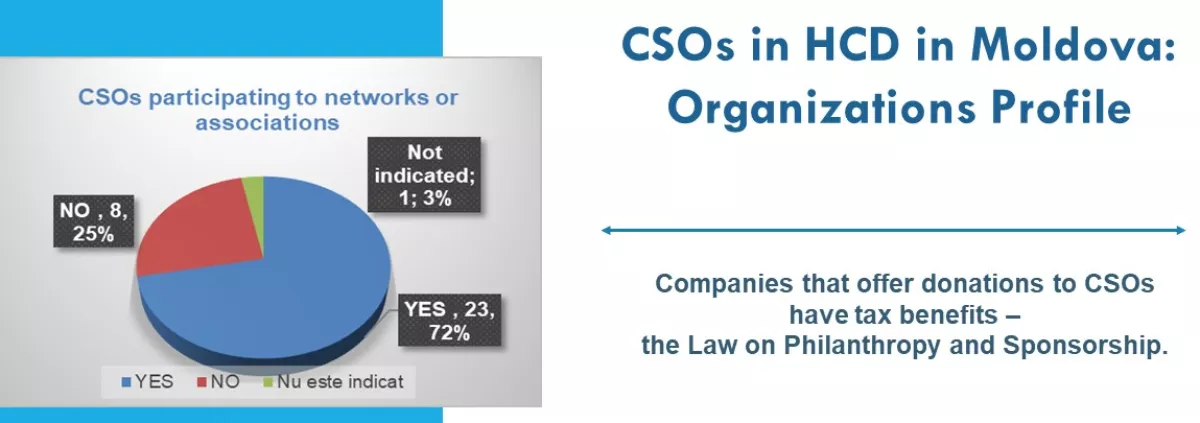In a world constantly evolving and facing unprecedented challenges, the role of Civil Society Organizations (CSOs) as intermediaries between government entities and citizens is more critical than ever. And this is particularly relevant in a context of twin transition, where many new skills will need to be developed.
The ETF study in Moldova implemented in 2023 in collaboration with CSOs active in HCD, shed light on the significant potential of CSOs to bridge the gap in training and service provision, but also to contribute to national and local policy dialogues as monitors, advocates, and partners.
The primary objective of the study was to map the operational capacity of CSOs in Moldova concerning HCD, and to explore how CSOs, in collaboration with institutional bodies, can play a more substantial role in our ever-changing societies, ensuring better access to lifelong learning.
The findings indicate:
· CSOs contribute significantly to skill development through non-formal and informal learning opportunities for both youth and adults.
· They offer critical services that bridge the gap between learning and employment, and support processes that acquired skills translate into meaningful work opportunities.
· CSOs actively engage in raising awareness and advocating for skill development and employment issues within the community.
· These organizations play a vital role in generating, utilizing, and sharing knowledge related to skill development and employment trends.
The upcoming ETF Moldova Country Report will provide a comprehensive overview of the ETF study findings regarding CSOs engaged in HCD. It not only outlines the contributions made by these organizations but also highlights the challenges they face and the opportunities they embrace in lifelong learning and HCD.
